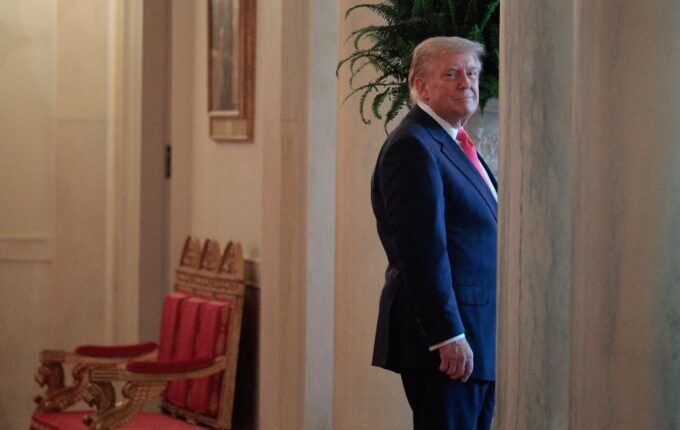Republicans' Tax on Endowments Threatens Higher Education

The Impact of the "Big Beautiful Bill" on Private College Endowments
As the Trump administration continues its efforts to reshape the landscape of U.S. education, a significant provision within the “Big Beautiful Bill” has drawn attention for its potential impact on private colleges and their endowments. This provision introduces a higher tax rate on earnings from select private college endowments, raising the tax from 1.4 percent to between 4 and 8 percent. This shift in policy has sparked debates about the role of endowments, the implications for students, and the broader consequences for higher education.
Understanding the Tax Provision
The new tax is calculated based on the size of a school’s endowment relative to the number of non-international students it enrolls. This calculation results in a per-student figure that determines the tax rate. Republicans argue that this structure incentivizes colleges to use their endowments to enhance financial aid and student learning experiences rather than accumulating wealth. However, critics, including higher education experts, contend that endowments play a crucial role in reducing the cost of education.
According to a survey by the National Association of College and University Business Officers (NACUBO), nearly half of all endowment spending goes toward financial aid. Another 17 percent supports academic programs and research, while 11 percent is allocated to faculty positions. NACUBO President and CEO Kara Freeman emphasized that students are the primary beneficiaries of these resources, as they contribute to maintaining affordability and accessibility in higher education.
Concerns Over the Tax Increase
Economists and educators have raised concerns about the potential negative effects of increasing the tax burden on private colleges. Phillip Levine, a senior nonresident fellow at the Brookings Institution, highlighted that highly endowed institutions offer some of the most affordable options for students with lower incomes. He noted that these colleges can provide such affordability due to their substantial endowments.
Another point of contention is the claim by Republican lawmakers that some universities use their endowments to promote political ideologies. Rep. Jason Smith, Brady’s successor, has argued that this behavior should be addressed, suggesting that if these institutions act like corporations, they should be treated as such. However, endowments are subject to strict regulations, with donors often specifying how their funds should be used. These restrictions include funding for professorships, student financial aid, construction projects, or research initiatives.
The Role of Endowments in Higher Education
Endowments have long enjoyed a tax-exempt status since the early 1900s, largely due to their mission and contributions to civil society. James Murphy, Director of Post-Secondary Policy at Education Reform Now, emphasized the civic responsibility of higher education, citing its role in providing social mobility and advancing scientific inquiry. Steven Bloom, assistant vice president of government relations for the American Council on Education, went further, calling American higher education “a national security asset,” highlighting its appeal to global talent.
Mae C. Quinn, a law professor at Penn State, proposed that colleges could use their endowments to promote equity in higher education. By allocating more funds to financial aid, institutions could not only avoid taxation but also address criticisms of elitism and greed. Quinn argued that using endowments to support disadvantaged groups would align with the goals of social justice and public good.
Reactions and Implications
The new tax has been met with resistance from various stakeholders in the education sector. Neal McCluskey of the Cato Institute criticized the tax as a means of punishing ideological beliefs, although he supports the idea of cutting federal funding for higher education. Hillsdale College, a conservative institution, has publicly opposed the tax, arguing that it penalizes independent institutions that refuse federal subsidies. Its president, Larry Arnn, warned that the tax could force cuts in resources and limit opportunities for students.
Despite the opposition, some in higher education are open to reforms that could encourage desirable outcomes, such as eliminating legacy preferences in admissions or increasing Pell Grant eligibility. While the debate over the endowment tax continues, the implications for students, institutions, and the broader educational landscape remain significant. As the Trump administration moves forward with its agenda, the future of higher education in the United States remains uncertain.
Post a Comment for "Republicans' Tax on Endowments Threatens Higher Education"
Post a Comment